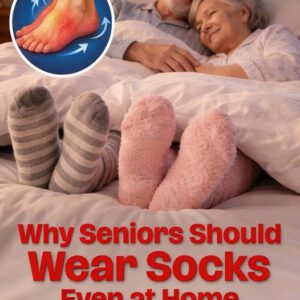With the return of the sun and the rising temperatures, the urge to dry your laundry outside naturally returns. The scent of clean laundry carried by the breeze seems irresistible. However, behind this bucolic image lies a trap for the millions of people suffering from seasonal allergies. So, shouldn’t we really outdoor drying? The answer might surprise you…
The return of spring, not so sweet for everyone
Every year, starting in March, spring marks the beginning of a long ordeal for those with pollen allergies. Hay fever – or allergic rhinitis – affects nearly a third of the French population. Between sneezing, a runny nose, itchy eyes, and chronic fatigue, this period is anything but restful .
The months of April to September see a succession of different types of pollen: first those from trees, then those from grasses (from May to July), and then those from herbaceous plants until autumn. Suffice it to say that the outdoor air becomes a veritable concentration of allergens.
Why does drying your laundry outside make the symptoms worse?

When you leave your clothes or sheets outside to dry, they act like pollen magnets . The pollen, naturally sticky, attaches itself to the fabric fibers during the hours of exposure.
As a result, once you’re back inside, the pollen invites itself into your home… and onto your skin, hair, and sheets. It’s therefore not surprising to see your symptoms intensify for no apparent reason.
It’s a bit like leaving your laundry in the middle of a flowery field during pollen season , before bringing it back to your room.
Good habits to limit exposure to pollen

Fortunately, there are a few simple steps you can take to limit the damage. Here are the recommendations from environmental health experts:
- Dry your laundry indoors, in a well-ventilated room , or use a clothes dryer .
- Wear sunglasses to protect your eyes from pollen when you are outside.
- Wear a hat or cap to prevent pollen from getting on your hair.
- When you get home, wash your hair, change your clothes and take a shower to remove pollen particles.
- Avoid touching freshly mown lawns or standing near them immediately after mowing.
And what about the treatments?
Unfortunately, there is no miracle cure for hay fever. However, there are treatments that can relieve the symptoms: antihistamines, nasal sprays, and eye drops . But prevention remains your best ally .
Experts emphasize this point: by slightly modifying certain daily habits – such as drying your laundry – you can really improve your quality of life during the risky months.
Adopting a few simple steps can make all the difference for allergy sufferers. Don’t let pollen into your home through your laundry! While you can’t control the outside air, protect your home to better experience spring.





